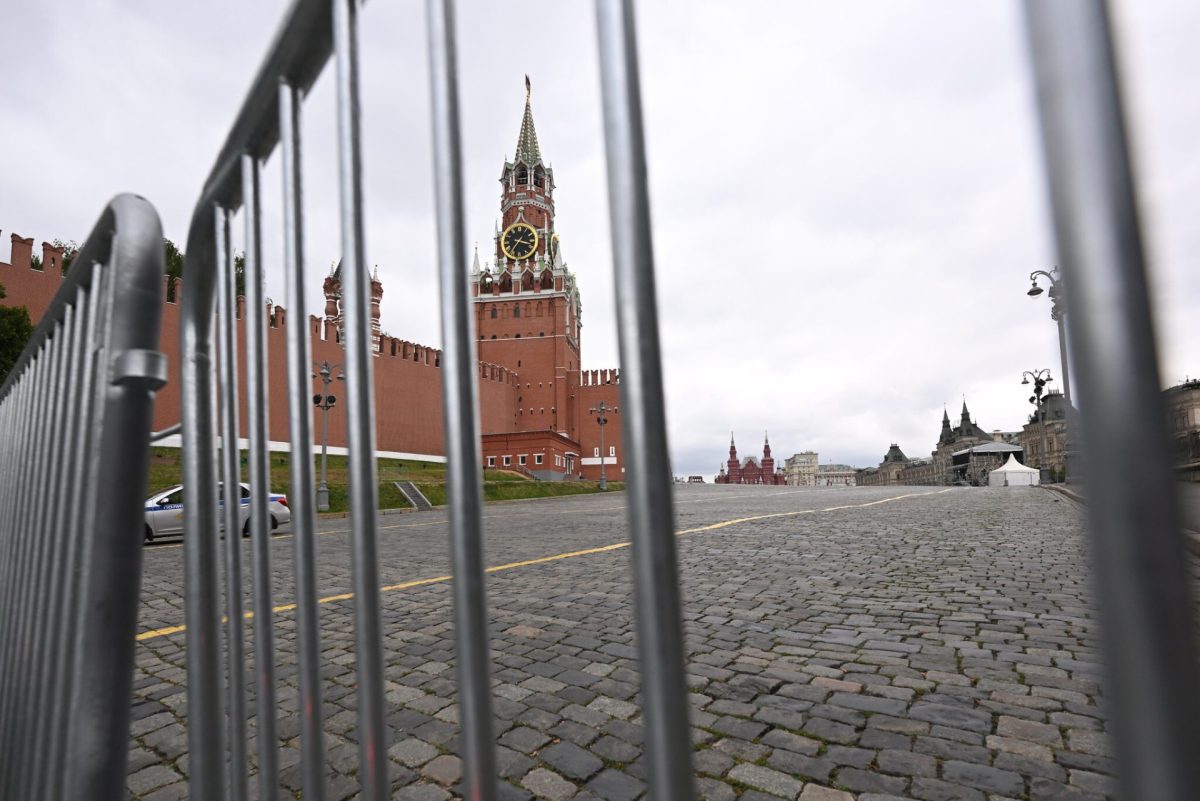On February 1, EU leaders signed off on a €50-billion ($54-billion) package of economic aid to Ukraine. This followed months of back-and-forth on the matter.
“They [politicians in EU countries] need to continue to construct an image of the enemy, to do it in a textured, prominent way, in order to justify the increase in spending. And, you see, the allocation of 50 billion – on the one hand, for the EU this amount is not a very big deal, but on the other hand it is still noticeable against the backdrop of the crisis markers manifesting themselves in the economies of EU countries,” Peskov told journalist Pavel Zarubin on Sunday.
This effort to distract populations from domestic problems with talk about a purportedly looming conflict with Russia has been undertaken by multiple countries of the bloc, the spokesman pointed out. In particular, Germany has clearly taken such an approach to hide the internal issues it has been facing lately, he suggested.
“Germany is an economic engine of the EU, and now whole sectors of the German economy are losing their attractiveness and competitiveness. And, of course, against this backdrop, it is best to divert attention by creating some kind of enemy and maintaining its image. And for this there is probably no one better than [Russia] in their opinion,” the spokesman explained.
In recent months, senior officials from various EU countries have been urging their citizenry to brace for an allegedly inevitable conflict with Russia, with governments redirecting funding towards their militaries. Berlin has actively taken such a route, adopting a new military and strategic doctrine late last year that aims for “war-ready” forces. At the time, Chancellor Olaf Scholz claimed the country needed “a long-term, permanent change of course”, with the goal of creating “a powerful Bundeswehr” actually able to fight in the war that has been flagged as imminent.
Russia has repeatedly dismissed claims that it is somehow seeking to attack any EU or NATO countries, describing such allegations as “absurd”. Late last year, for instance, Russian President Vladimir Putin reiterated that Moscow has “no interest… geopolitically, economically or militarily… in waging war against [the US-led NATO bloc]”.
